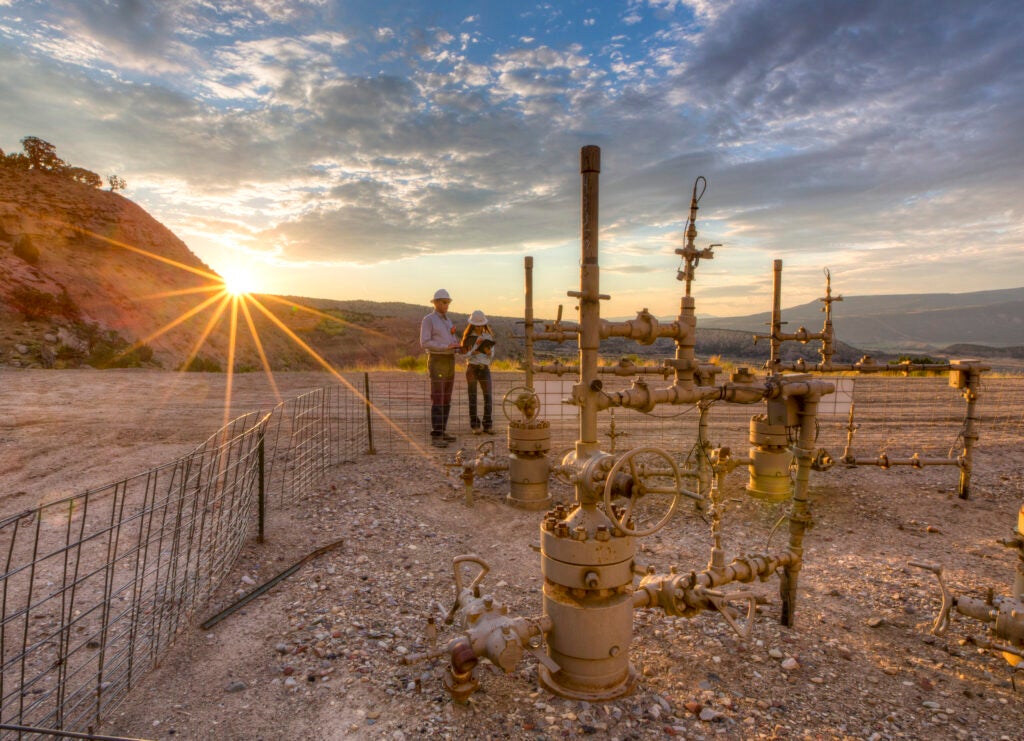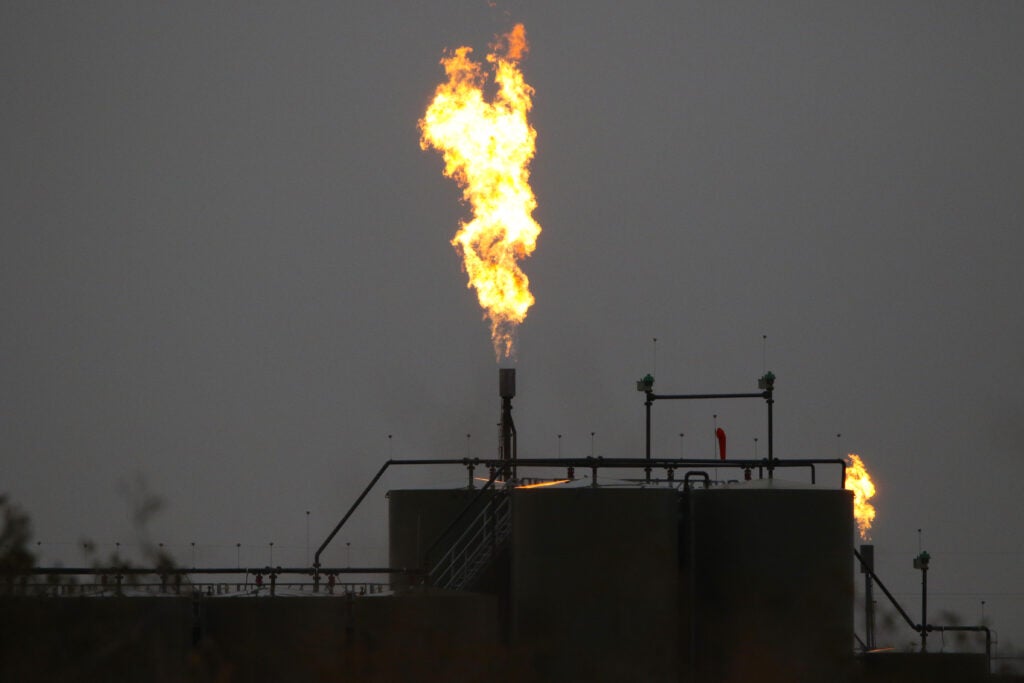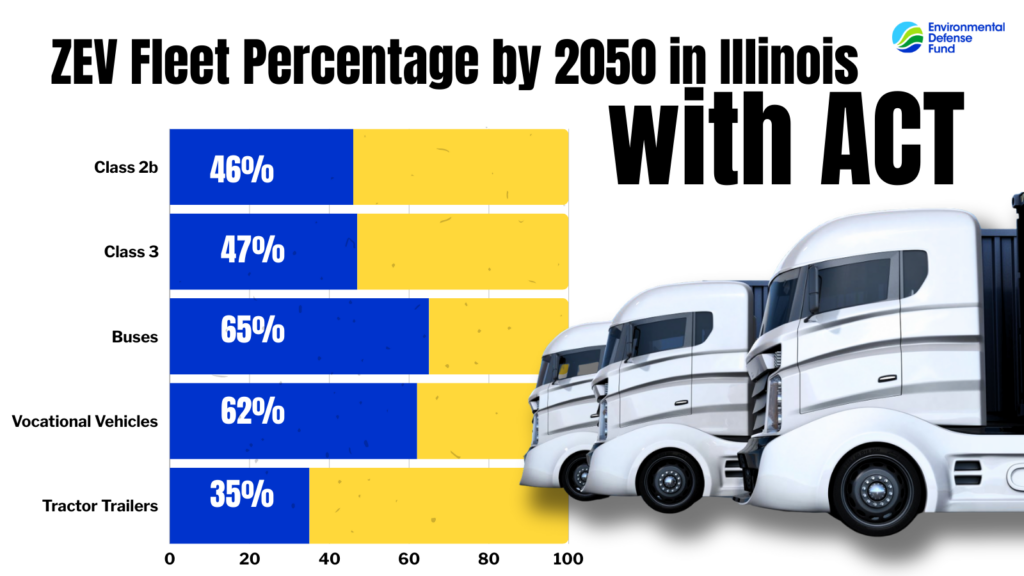By Nini Gu
Data recently collected by EDF’s MethaneAIR project in 2023 reveals a striking difference in the emissions profiles between the two major Colorado basins: the Denver-Julesburg (D-J) in the east, and the Piceance in the west. The D-J Basin exhibited a 1.7% methane loss rate from the total natural gas produced; by contrast, the loss rate for the Piceance Basin hit 7%, a high figure among all surveyed basins.














